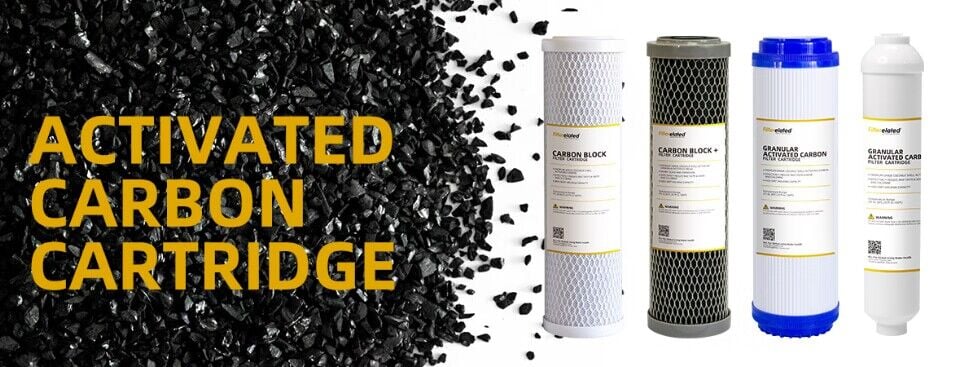Introduction:
When it comes to maintaining clean and healthy indoor air quality, investing in an efficient air purifier with an activated carbon filter is an excellent choice. These filters are designed to effectively remove impurities, odors, and harmful gases from the air we breathe. However, it is crucial to understand the importance of regular filter replacement to ensure optimal performance. In this blog, we will explore the benefits of activated carbon filters, why you should replace them, and how to select the right replacement filter for your air purifier.
Understanding Activated Carbon Filters:
Activated carbon filters, also known as activated charcoal or coconut carbon filters, are made from carbon-rich materials such as coconut shells or coal. These filters are processed to create a highly porous structure with a large surface area, allowing them to effectively trap and absorb a wide range of pollutants. The "high iodine value" refers to the measure of the filter's adsorption capacity, with a higher value indicating a greater capacity to capture contaminants.
Benefits of Activated Carbon Filters:
1. Odor Elimination: Activated carbon filters excel in removing unpleasant odors from the air, including cooking smells, pet odors, and cigarette smoke. The porous structure of the filter traps odor-causing molecules, leaving the air smelling fresh and clean.
2. Chemical and Gas Removal: These water filters can effectively capture volatile organic compounds (VOCs), formaldehyde, and other harmful gases emitted by household products, paints, and building materials. This helps reduce the risk of respiratory problems and allergic reactions caused by these pollutants.
3. Removal of Microscopic Particles: While primary filters focus on larger particles like dust and dander, activated carbon filters can also trap smaller microparticles, including bacteria, pollen, and mold spores.
Selecting the Right Replacement Filter:
1. Compatibility: Make sure to check the model number and brand of your air purifier to find the appropriate replacement filter. Using an incompatible filter may compromise the overall performance of your air purification system.
2. Filter Specifications: Look for replacement filters with a high iodine value, indicating a superior adsorption capacity. This ensures that the filter can efficiently remove a wide range of pollutants, providing you with cleaner and healthier air.
3. Quality and Durability: Consider reputable brands that offer high-quality replacement filters. Cheaper alternatives may not provide the same level of performance and may need to be replaced more frequently, ultimately costing you more in the long run.
Conclusion:
Activated carbon filters are a vital component of air purification systems, helping to remove odors, gases, and microscopic particles from indoor air. Regular replacement of these filters is essential to maintain optimal filtration efficiency. By selecting the right replacement filter, you can ensure your air purifier continues to provide clean and fresh air for you and your family to breathe, promoting a healthy living environment.

